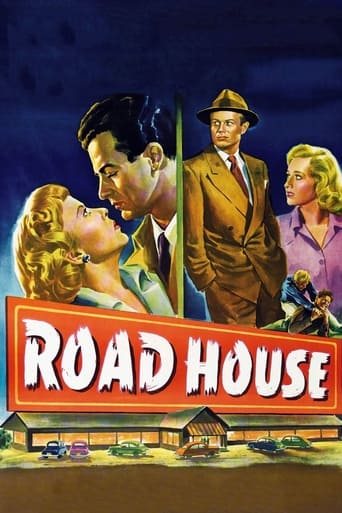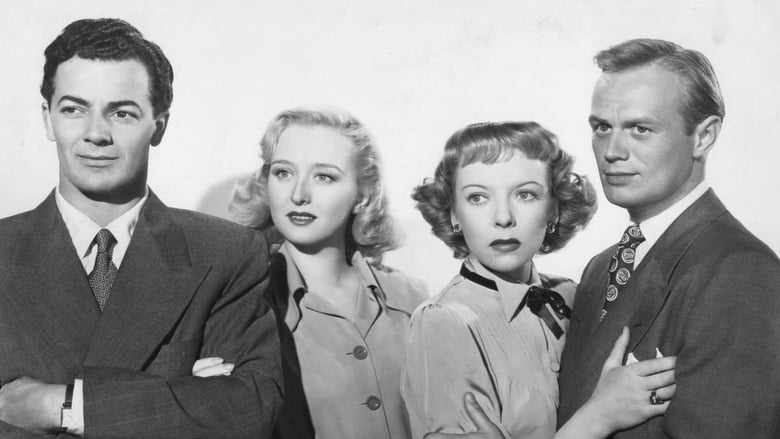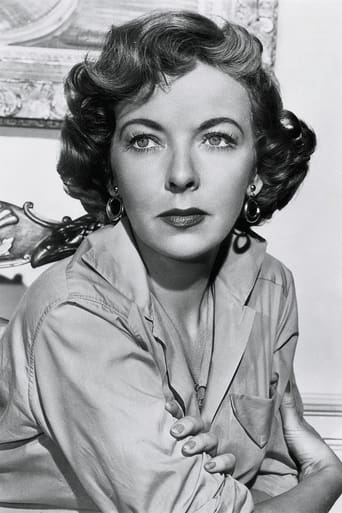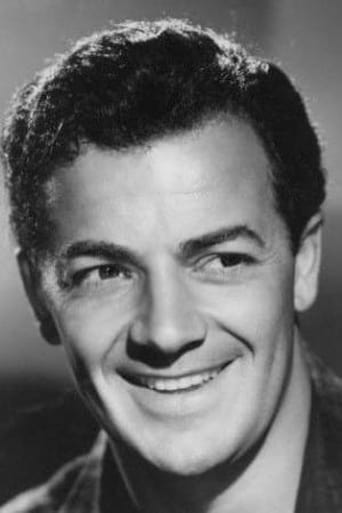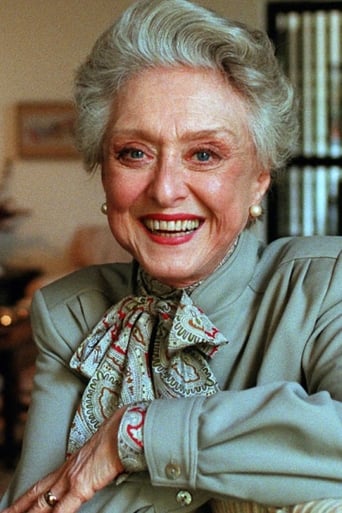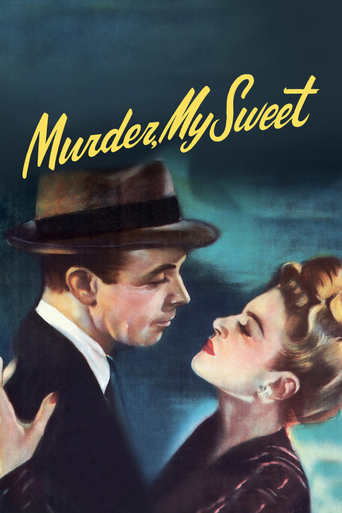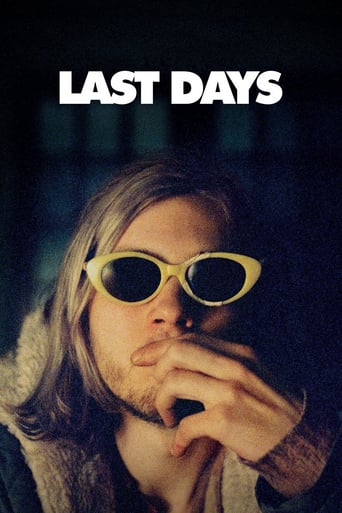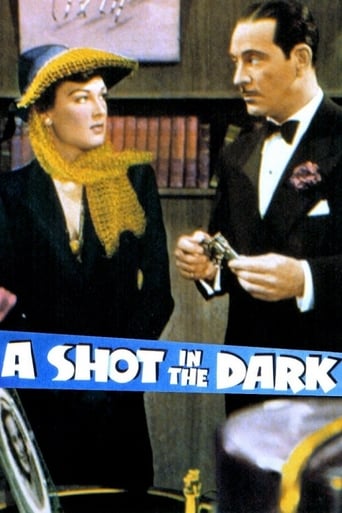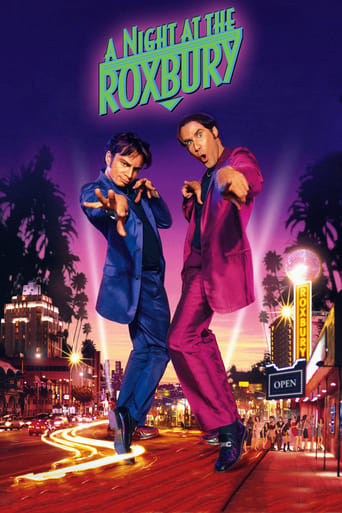Road House (1948)
A night club owner becomes infatuated with a torch singer and frames his best friend/manager for embezzlement when the chanteuse falls in love with him.
Watch Trailer
Free Trial Channels
Cast


Similar titles
Reviews
Very disappointed :(
Too much of everything
Excellent but underrated film
A Major Disappointment
Actually, in real life people rarely are driven nuts by frustration. They go nuts and then they try to find some reason for it. Not that it matters in this case. In 1948 Richard Widmark had a patent on a certain kind of maniac, the kind that giggles as he kills.He begins normally enough. Well, normal for Widmark anyway. He's the impulsive owner of Jefty's Road House near the Canadian border, an undistinguished place with deer heads on the wall. Cornel Wilde is his junior partner and Celeste Holm is the cashier.Widmark brings home a singer, Ida Lupino, whom he picked up on one of his jaunts to the city. He has designs on her. Wilde wants to get rid of her but in fact she turns out to be a terrific success. It's hard to see how because Lupino's voice is neither dubbed nor good. It's full of cracks and sounds smoke cured from years of Chesterfields. Well, okay, nobody ever accused Diana Krall of having an operatic voice and she's not a sex bomb either but Krall can at least play the piano while Lupino's skill is limited to the rudimentary.Come to think of it, everybody smokes in this movie -- a lot. If it were to be remade, nobody would smoke because it's now politically incorrect to show cigarettes in use. Guns -- yes. There'd be blood and brains all over the place in a remake, but no tobacco. First things first.At any rate, Widmark goes away for a week's hunting and guess what happens in his absence? When he returns, he's determined to marry Lupino. He has the marriage license in his pocket. At this point, it's easy to feel sorry for the deluded Widmark character. His friendship with Wilde aside, it's the first sign of maturity that he's shown. Still, it's Wilde's unpleasant duty to tell Widmark that he's out of the picture.Widmark, resignation not being his strong suit, frames Wilde for grand larceny and convinces the judge that Wilde should be paroled to him, Widmark. The judge concurs. I didn't even know you could do that -- I mean that a judge could decide on his own that a convicted man could be turned over to another ordinary citizen as a kind of slave.And a slave is what the sullen Wilde now becomes. He's restored to his earlier position only at a lesser income. He can't slug Widmark. He can't even talk back. And Lupino is tied to Widmark through her love for Wilde. Celeste Holm has the unenviable task of being the good, sensible girl whom nobody wants.Finally, at a cabin in the woods, Widmark goes bananas and after being beaten senseless by Wilde -- he was rude to Lupino -- he grabs a pistol and chases Wilde and Lupino through the forest as they make for the Canadian border. Here the film could have used some location shooting. Studio forests are rarely convincing. There's never any wind, the greenery looks phony and repetitive, and sometimes there are echoes where there should be no echoes. There are instances, though, when studio forests become so stylized as to be -- not convincing -- but at least honest in their falsity. "Battleground" and "Bataan" are examples.Wilde is the nominal hero but he's pretty routine. The character is so straight that he's uninvolving. Lupino's role is more textured. She's had a "past," as they say, and she's a willful and complicated babe. She's skinny and vulnerable but tough enough to belt Wilde when he tries to hustle her out of town with a few bucks. Widmark's character is by far the most interesting. A little unbalanced at the beginning, he turns crafty and bitter before he loses it altogether. There's a good deal of pathos in the character.I don't know if this is a "noir," though it's very dark. A woman comes between two men, but nobody slinks around the city streets and there is no sneaky betrayal by anyone. There's no city at all. The town near which Widmark's road house is located has a population of about 14,000, and we don't see much of it beyond the hotel and the police station. Jean Negulesco's direction is pat. The musical arrangements are by Herbert Spencer, and I thought he'd been dead for years.
Spoilers....I won't go so far as to give this a one star review but I will agree with what the other low rated reviewers have said. On the down side the script is really, really, stupid. Ida is hired as a lounge act for six weeks for a country night club with a bowling alley. So the only place in town to go to has the same act for six weeks? That would get old really fast. And I asked my wife while watching this, did something happen in Chicago before this movie started to make Widmark's character go head over heals for Lupino? If Chicago happened, they never showed it. Maybe it was the gravely singing cig voice she has (which is a turn on for me). But I mean, come on, they never kiss in the film and he's head over heels for her? Then the movie flies really fast to a forced ending which is ridiculous, IMHO.OK here's the good, Ida singing One More For The Road. I had watched this as a double feature at home with "Macao" and Jane Russell had sung that same song and this version was much better (again IMHO). Another good thing, the bar fight, that was good. And finally, the night club was really cool, I imagined myself hanging out there, that would have been really nice.More Spoilers.....What could have saved this film for me? When Widmark comes into the kitchen with Ida and Cornell kissing and does nothing, if that went into a 3 way thing, that would have been memorable (but this isn't a European film so, NOT!). Another thing would have been after Cornell gets the damning envelope evidence at the end Widmark kills them all and gets off clean, that would have been a memorable ending. Alas, this is made in 1948 not 1988 so it didn't happen and we get a rushed lame movie. I'm sure it killed some time in the theaters back in the day. It's kind of like what we would see on TV in the 70's on a Quinn Martin production or ABC Mystery Movie of the week except its 1948 and TV wasn't big yet. 5 of 10, IMHO.
Not only was Ida Lupino a first rate actress, but a pretty shrewd businesswoman as well. She purchased the rights to "Road House" for twenty thousand dollars, then wound up with a tidy sum of a hundred thirty grand for signing on with RKO to do the picture. Now that's putting some credibility in 'One For My Baby'.You know, I could watch Richard Widmark all day doing that maniacal laugh of his. It's great when he builds up to it like he does here, starting out as the somewhat absentee owner of Jefty's Road House, right through the complicated relationship that develops between himself, singer Lily Stevens (Lupino) and business manager Pete Morgan (Cornel Wilde). It's like he's building on his Tommy Udo character from 1947's "Kiss of Death", Widmark's first film role.Yet on the flip side, there's not a whole lot about this story that makes sense if set in the real world, particularly as it relates to that jury trial over the stolen money. How does the plaintiff get to go into the judge's chambers to seek clemency for the defendant? Didn't these guys have lawyers? And what about the 'proof' Susie claims she found when she spots the business envelope that contained the missing money? So? It was an envelope that Jefty had on him - why wouldn't he? He owned the business! But to get even that far, you had to take it on faith that the police captain never even considered that Jefty might have been setting up his manager. You could go around in circles all night like this and not make sense of the story.But, and this is the significant but, all of this is set in a noir world that sucks the viewer in with it's flawed femme fatale with the gravel voice and the mugs who want her. So you're willing to overlook the credibility defying moments, and just go along for the ride for the final payoff. Along the way you get Widmark and Wilde in that great bar room brawl, and Ida Lupino makin' it for her baby with one more for the road.
Ida Lupino drifts into town on Widmarks dime, see? Gonna be a songbird at his bowling alley/cabaret. Only it's like this. She's the wrong kind of dame - she's trouble with a capital "ouble." Sings like a canary that chews glass and has a 4 pack a day habit. She disrupts everything that was good about Palookaville. Soon lumberjacks are destroying perfectly good liquor bottles to fight for the right to ruffle her feathers. Widd's got designs on her too, but she falling heavy for Cornell Wilde, a rugged hunk of beef who really knows how to work a dame's 7-10 split. Meanwhile, Celeste Holm can't scare up the interest of anything with a Y chromosome. What happens? Well it's noir so whatever it is, the dames won't be marching off in white, and someone's gonna wish they'd kept their nose to themselves.

